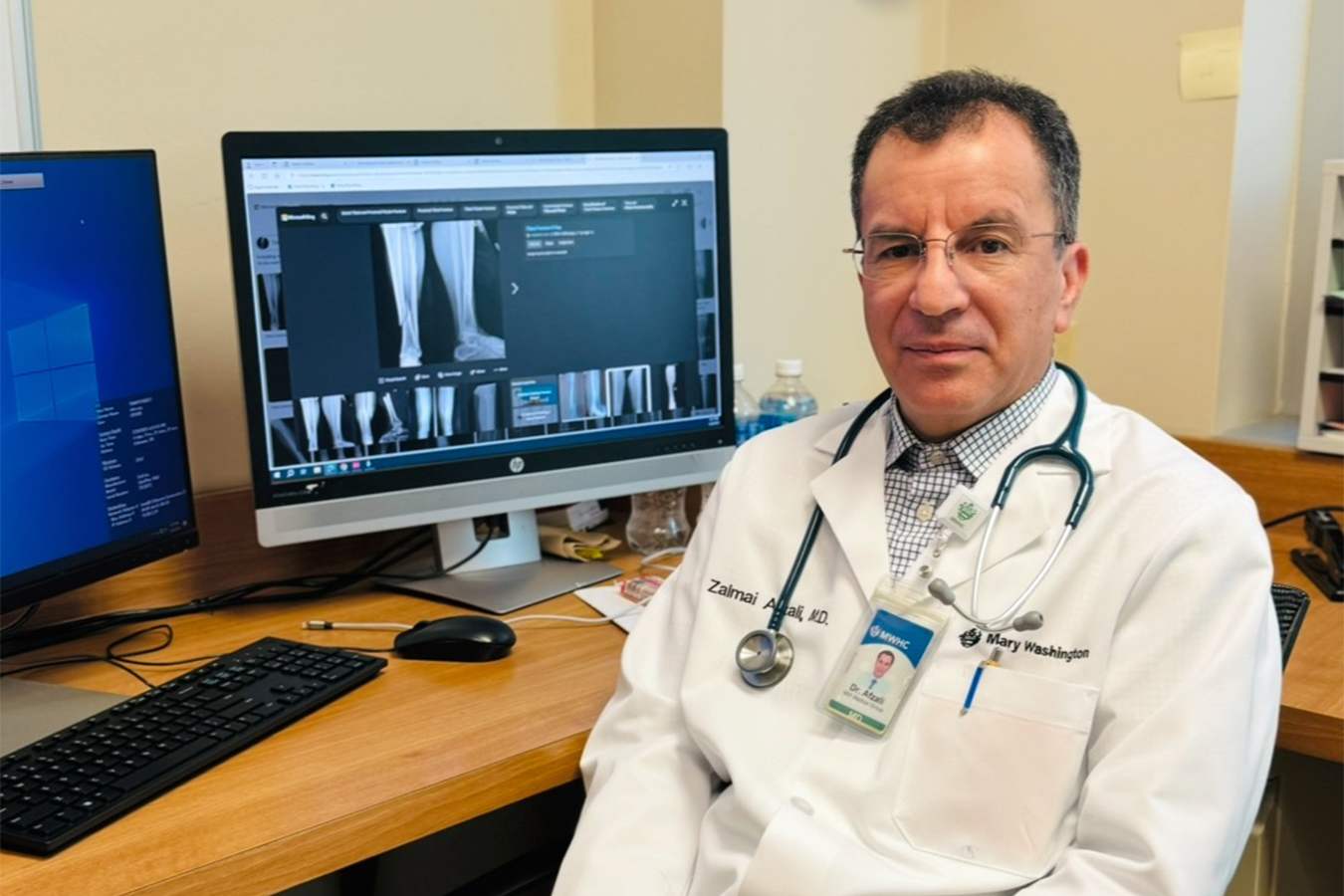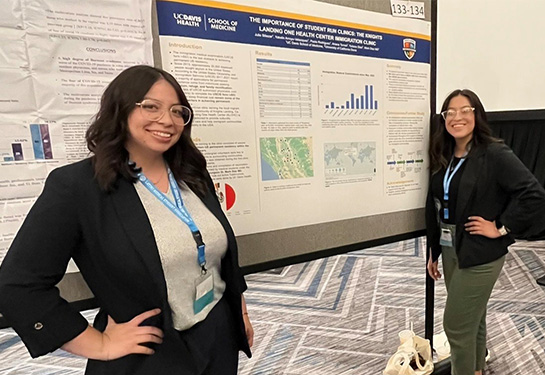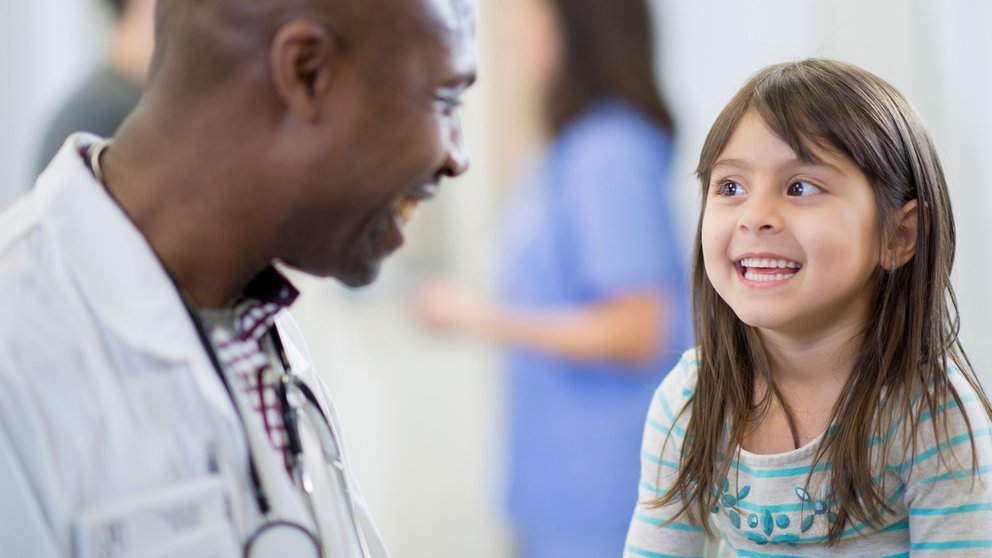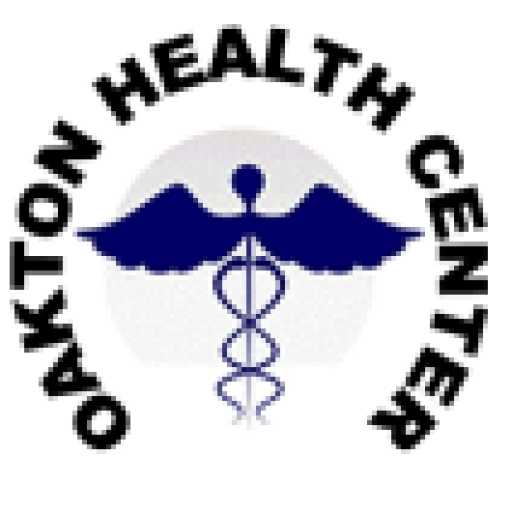1. To address doctor shortages in rural areas, several U.S. states are relaxing licensing requirements for foreign-trained doctors. Until recently, physicians who undertook their residency abroad had to repeat it in the U.S. to obtain a full medical license. However, at least nine states, irrespective of political leaning, have scrapped this requirement since 2023, in a move supported by the Federation of State Medical Boards. Approximately 26% of the doctors practicing in the U.S. were born overseas and require federal visas and state licenses to practice. Despite concerns around patient safety and qualms that the change won’t solve doctor shortages, supporters argue that international doctors should not have to repeat their residency.
2. MultiCare Health System has inaugurated a new clinical and training space that will house family medicine clinics and graduate medical programs. The 22,000 square-foot two-story facility, located on the MultiCare Tacoma General Hospital Campus, will provide expanded functionality for patient volumes, resident work, and clinical spaces. The facility will cater to 28 residents and six fellows, including medical staff who teach and support the young doctors.
3. Johns Hopkins works with community partnerships to address the healthcare needs of immigrant populations who often feel left out of the healthcare system due to language barriers, low insurance coverage, and other issues. Pediatrician Keith Martin is conducting research to understand how these barriers impede healthcare for Latinx immigrant children. John Hopkins pediatricians are finding issues connecting immigrant children with essential mental health services, even with federal law requiring free language services. However, ongoing efforts are in place to mitigate such barriers and provide equitable healthcare to immigrant children.
4. Centro SOL and HEAL are both working to address the needs of specific immigrant communities. Centro SOL serves the Latinx community in the Baltimore area, focusing on addressing the health issues and obstacles unique to this demographic, while HEAL serves asylum seekers and refugees from around the world, many of whom have suffered severe trauma. The focus of Centro SOL is on improving access to mental health care for Latinx children, with a pilot project launched in 2021 to provide mental health support to Spanish-speaking students. Meanwhile, the work of HEAL involves political determinants of health, including immigration enforcement policies.
In summary, U.S. states are starting to loosen licensing rules for foreign physicians in an attempt to resolve healthcare staff deficits, particularly in rural areas. Meanwhile, organizations like MultiCare are increasing their educational and clinical space capacity to train more doctors. Organizations like John Hopkins, Centro SOL, and HEAL are actively addressing healthcare access and quality for specific immigrant communities. Such efforts aim to improve healthcare provisions for both foreign-trained medical professionals and immigrant populations.
The potential increase in deportations by President Trump is raising concerns around the impact on the U.S. health system. Immigrants, particularly in rural communities, populate many lower-level health industry roles which would be heavily affected by a crackdown on immigration. Simultaneously, the US is currently facing a shortage of over 78,000 registered nurses and other healthcare workers, further amplifying this concern.
In encouraging news, a group of UC Davis medical students have created a free health program for immigrants applying for citizenship. Immigration Medical Exam (IME) provides physical exams, necessary for green card application, to uninsured immigrants who typically cannot afford the hefty fees charged by private doctors. The students hope the success of IME will inspire other medical schools or free clinics to replicate the initiative.
In Chicago, the Mobile Migrant Health Team, a student-driven group from the University of Illinois, has been providing medical care to migrants sheltered in local police stations, providing treatment for ‘bread and butter’ health issues as well as aiding migrants with more serious illnesses to find primary care homes. Another group of doctors from UIC has partnered with the National Youth Advocate Program to provide initial medical examinations and ongoing care for unaccompanied migrant children. The focus is on trauma-informed care, as many of these children have endured traumatic journeys. This work upholds the shared mission of the Illinois schools to serve their communities, with the children now considered part of the local community.
The world is currently experiencing a refugee crisis, and countries like the U.S. are working to accommodate these individuals. Every refugee in the U.S. is examined for potential diseases or disorders before they are allowed to enter and are even cleared of untreated psychiatric problems. Once they are allowed in, however, they are required to have a health screening within three months. After their screening, they are often left to their own devices, despite the fact that many of them need continued medical treatment. Some of these refugees even end up in clinics that do not offer continued, consistent treatment.
For many of these refugees, their understanding of health care is largely limited. Their home countries often didn’t have ‘primary care’ options in the same way that we do in the U.S., and as a result, they can feel overwhelmed by the complex system. At the same time, clinicians must deal with language barriers that impede their ability to deliver the proper treatment. In order to combat these issues, clinics are working to offer ‘culturally sensitive care’ to help refugees and their families feel comfortable in a medical environment.
The Refugee and Immigrant Health Clinic for the Cone Health Family Medicine Residency program in Greensboro is one such clinic. It was created to serve the needs of the many refugees in the community there, and since its opening in 2014, it has seen about 200 refugees experiencing chronic conditions and emotional trauma. Many of these refugees come from places like Congo, Sudan, Iraq, and Syria, and they typically have a range of undiagnosed health needs.
In addition to providing medical support to refugees, clinics like these also provide an educational environment for medical students and residents. For instance, the Greensboro clinic is used as a training ground for students from the University of North Carolina School of Medicine. They gain firsthand experience with unique medical conditions and practice working with patients who have different cultural backgrounds and language skills.
Despite efforts from clinics like these, many regions still face the issue of a lack of primary care options for refugees. Often, private physicians are reluctant to work with refugee patients due to the time and cost constraints associated with their care. As a result, there is a local and national backlog of refugees waiting to receive care. For that reason, more work needs to be done at both private and public levels to address the unique healthcare needs of refugees. Collaborative measures, such as refugee health clinics partnering with local resettlement agencies, can help in providing the necessary support for these vulnerable communities.
In conclusion, the refugee crisis has revealed a pressing need for culturally sensitive care. Clinics are stepping up to provide refugee patients with the medical treatment they need, while also offering medical students and residents the unique opportunity to learn in a diverse and challenging environment. The unique healthcare needs of refugee patients present challenges, but also valuable learning opportunities for clinicians in training. Through increased collaboration and improved resources, it is hoped that the quality and accessibility of care for refugees can be improved.
Sources:
 States Facing Doctor Shortages Ease Licensing Rules for Foreign-Trained Physicians
States Facing Doctor Shortages Ease Licensing Rules for Foreign-Trained Physicians MultiCare opens Tacoma physician training space
MultiCare opens Tacoma physician training space Salud!
Salud! Trump deportation pledge raises concern over U.S. health system
Trump deportation pledge raises concern over U.S. health system Medical students earn top honors at national conference
Medical students earn top honors at national conference Refugee Health Clinics Help New Arrivals, Provide Training Ground for Students and Residents
Refugee Health Clinics Help New Arrivals, Provide Training Ground for Students and Residents





Leave a Reply